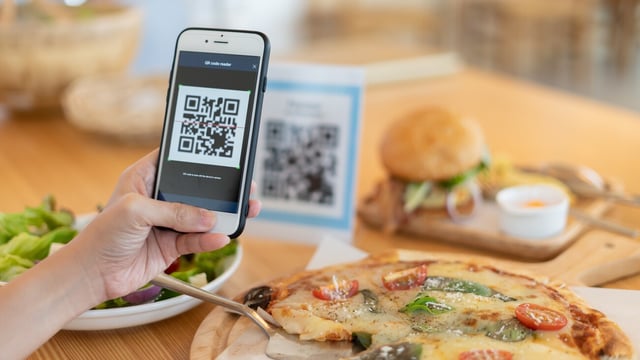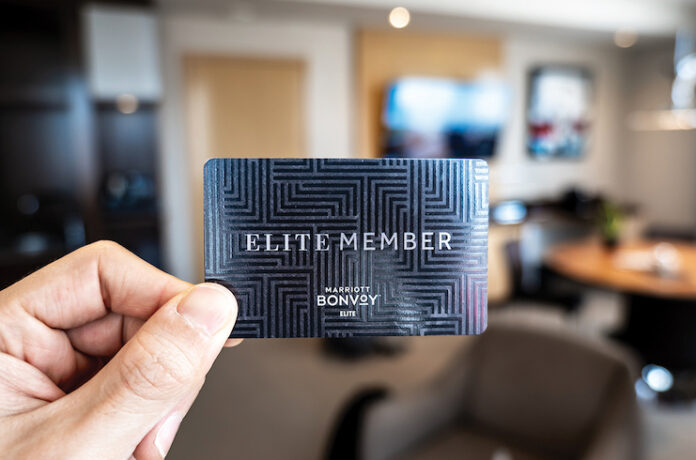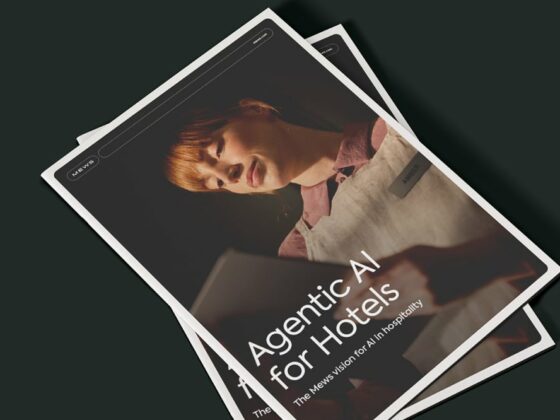
How QR Codes Improve User Experiences and Business Success
QR codes are everywhere today – an advantage service businesses weren’t able to enjoy until somewhat recently. During the QR code’s early days, smartphone use had yet to reach a tipping point, and even those who owned them were in many cases unfamiliar with the purpose and functionality of QR codes. Today, they are fully integrated into the consumer landscape and are an accepted instrument in numerous engagements and transactions.
It’s that newfound prominence that is empowering QR codes to create, or at least enhance, opportunities for restaurants and hospitality businesses. Hotels can include them on key cards, revealing maps and guides that tell guests where to find the pool or how to navigate the TV menu. Or add them to signage in the lobby bar, advertising drink specials and happy hour details. QR codes allow restaurant customers to easily access menus – but also notify guests of special events and promotions that can be instantly added to a smartphone calendar. Even better, hospitality players can level up their customer satisfaction by offering a calendar subscription of in-house events and initiatives, helping their guests stay informed and connected to any upcoming happenings during their bookings. Both of the aforementioned tools allow businesses to collect email addresses and key consumer information that fuels marketing efforts and increases brand loyalty over the long term.
Having evolved into a standard tool, QR codes can now be leveraged by hospitality businesses for everything from check-ins to frictionless payment processes to brand-loyalty engagements – and more. Additional sales, app downloads and promotions, and data-capture activations are all opportunities that the service industry is tapping into with greater frequency and success.
Know the Risks of QR Code Use
As is the case with the proliferation of nearly any new technology, QR code ubiquity has brought increased convenience and user-friendliness for consumers – but also increased risk. Like email before them, QR codes have won over the public, leading to widespread use – and also the attention of bad actors. Phishing attacks – or, in the case of QR codes, “quishing” – using malicious code can cost customers their data security and thousands of dollars (or more), while potentially ruining consumer trust and dinging business for a restaurant, hotel or similar property.
To ensure the safe usage of QR codes in hospitality and restaurant spaces, businesses should focus on generating and distributing codes from trusted sources and educate their customers on basic cybersecurity practices. One example being: Customers should use caution when scanning QR codes, reviewing destination URLs and stay wary of any prompts that request login information or financial details. Even if security should seem to be the obligation of a business and/or their enlisted QR code developer, putting one’s trust entirely in the hands of others doesn’t match best practices. Protecting sensitive consumer data is an all-hands-on-deck effort, and the buck stops with the consumer themself.
Why QR Codes Ultimately Pay Off for All
For most businesses in the restaurant and hotel space, turning away from QR codes isn’t a viable option. Their benefits outweigh their risks – especially when those risks can be controlled and accounted for. Brand-loyalty opportunities, seamless user experiences and loyalty programs can all be activated through QR codes, saving consumers time and money while improving customer retention and brand penetration for businesses.
Restaurants and hotels should work with IT staff or third-party consultants to optimize their cybersecurity infrastructure, including as it pertains to QR codes. But because no firewall is full-proof or impenetrable, consumer education is another key component for these businesses. QR code directions should inform users of best security practices, include disclaimers and offer guidance in case of a “quishing” event or similar attack. Simple reminders from staff can be equally helpful. Save for the attackers themselves, all parties have something to lose to a breach, while everyone benefits from tightened security.
ABOUT THE AUTHOR
Joep Leussink is the Head of Growth at AddEvent, a San Francisco-based platform that provides event and calendar marketing solutions. With a proven track record in driving growth for B2B SaaS companies from Series B to post-IPO, Joep leverages his expertise in demand generation and growth marketing to make AddEvent known and accessible to everyone. AddEvent’s tools, including customizable “add to calendar” buttons, embeddable calendars, and automated event updates, empower over 250,000 companies globally to enhance their event & appointment management and engagement.










